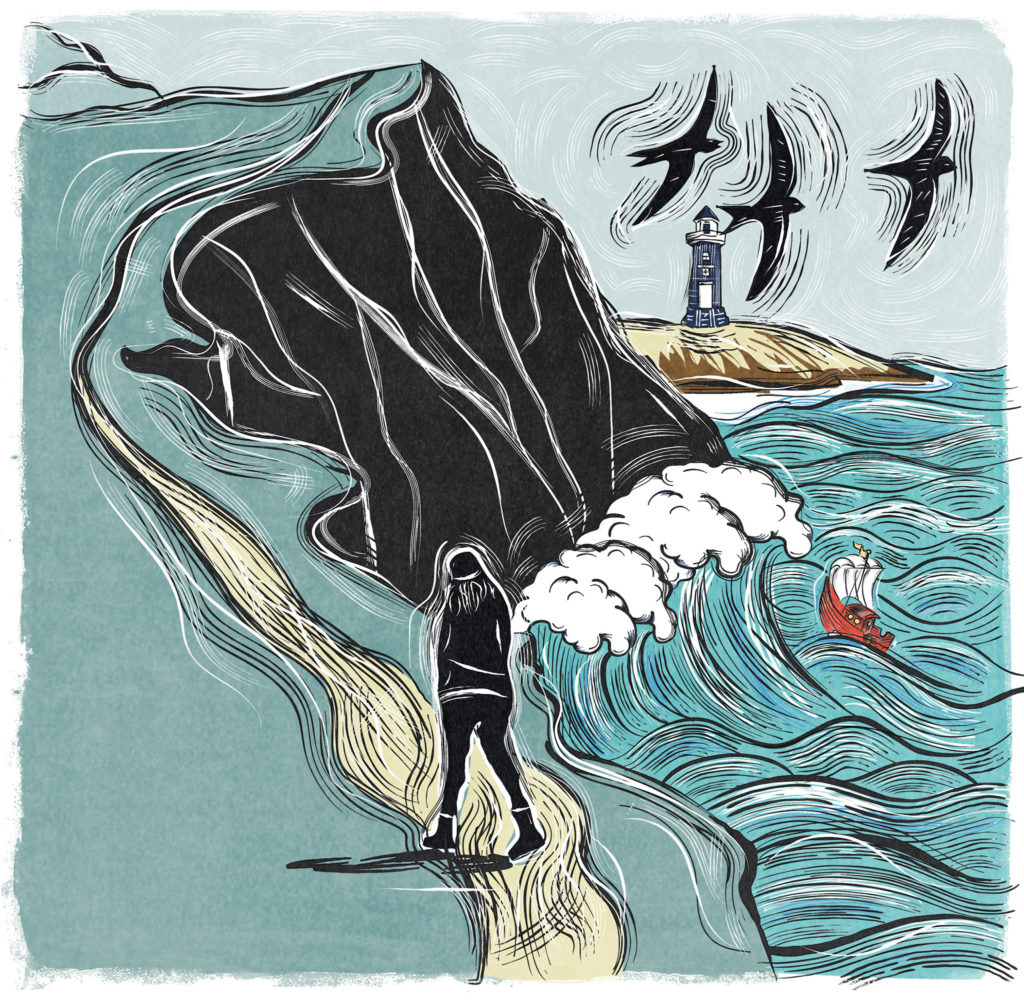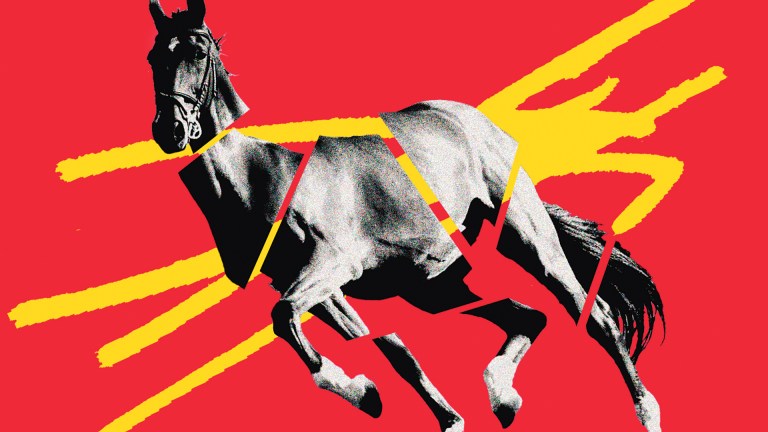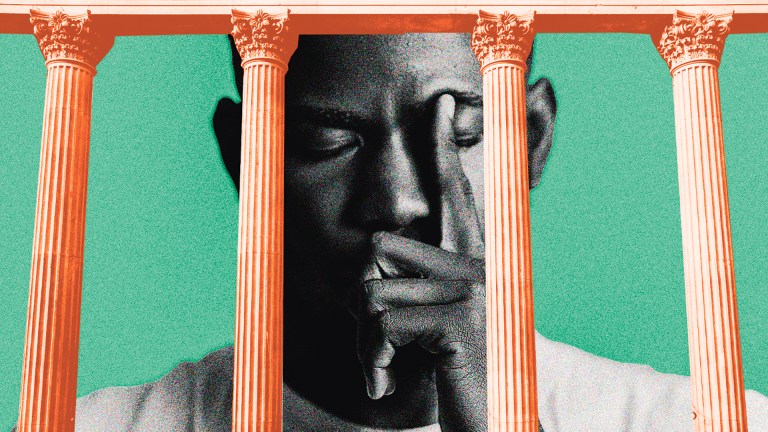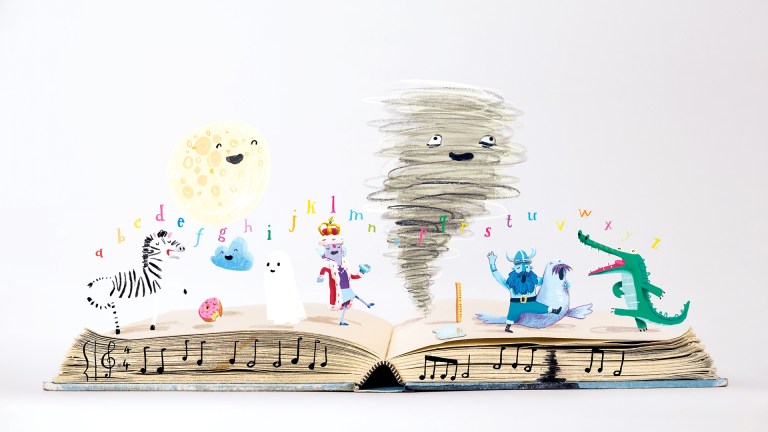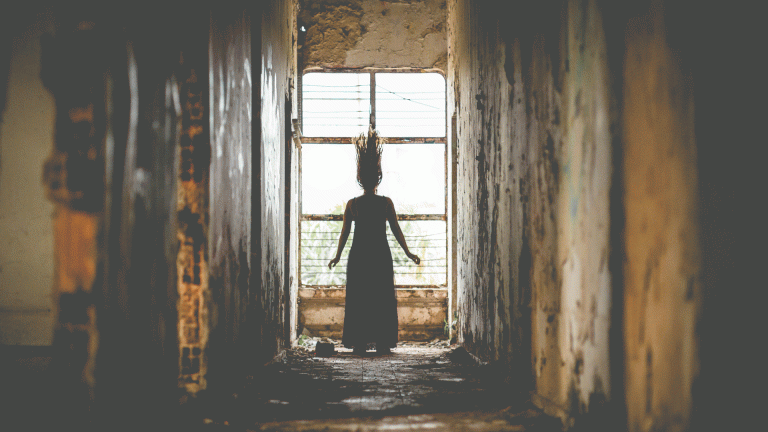Doors are such an everyday fixture we don’t really think about them. Wooden, plastic, metal, old and new, secure, locked, bolted. Just a way in, a way out. But doors are fundamental to our personal identity, they can define us and define the way others see us.
I hadn’t really thought about doors, or doorways, until the day I stepped through mine for the very last time. Moth had fitted the new door on a sunny July afternoon, and as swallows chased insects overhead I’d built up layer on layer of paint, sealing the wood to protect it from the weather. For the next two decades my view of life was shaped by the protection that door offered. Home was behind it; family life, comfort, structure, security, safety. But then we stepped over the threshold, past the bailiffs waiting to change the locks, and as we moved to the other side of the door my view changed. On the other side was homelessness, insecurity, anxiety, fear and confusion.
Now, as I describe at the beginning of my new book The Wild Silence, I had a door again, a perfect door in an idyllic Cornish village. But rather than delight in the return to normality it represented, I was struggling and I didn’t know why. I couldn’t understand why the strength and self-belief I’d felt at the end of our walk had left me so quickly and now I barely had the confidence to speak to anyone in the street and spent most of my time alone on a rocky outcrop overlooking the sea. But walking back down into the village that day, wet from the rain, I began to understand what was happening.
When we became homeless we discovered a world we didn’t know existed. A shocking world of prejudice and preconceptions. It was hard to process the fact that within a few short weeks we had moved from ‘normal’ society to being part of a marginalised community that caused people to physically recoil when they discovered our plight.
As we walked we witnessed homelessness being met with distrust, dislike, even actual aggression – it left a lasting feeling of rejection, a sense of not only having been evicted from a property, but far more profoundly soul-destroying, evicted from society. To those around me in the village I lived behind a door, I was defined by it. But from my side of the door the view was entirely different. I could see no reason to reconnect with a society that had rejected us so vehemently, so I hid from it.
But it was more than that – the path hadn’t left me, it still had me in its grip. Out there, in the wilderness of sea and scrubland we had found something that held us up and gave us a strength we thought we’d never find again. I’d grown up on a farm, a childhood spent playing in the woods and fields, then Moth and I had made a home in a quiet spot in the hills. This was the first time I’d lived in a village, surrounded by people and it felt far from normal.
Others might find the thought of living in rural isolation impossible, I was finding the opposite. I needed wild green spaces as much as the air I breathed. So every day I took myself back to the one place I felt safe and strong, to a foot-wide strip of dirt that had become home. On the days when I couldn’t be on the cliff tops I opened the guidebook we’d used as we walked the South West Coast Path, traced my hand across the OS map inside, read Moth’s pencilled notes in the margins and began to write. I wrote us back on to the path. I might have been in the kitchen for months, but in my mind I was out on the headlands in the wild weather, flying with the gulls. Then suddenly, almost unbelievably, it was complete. I’d written The Salt Path.
By the time I’d reached the last sentence I knew that the decision to walk hadn’t been completely spontaneous. In that painful, traumatic moment we’d been running, almost instinctively, to the one sure thing left in our lives, our connection to the natural world and the safety that offered us. I wanted to share the sense of hope and possibility we’d found on the path, although the likelihood of someone in their 50s with no writing experience finding a publisher seemed slim. But I had a lot to say about homelessness, so offered an article to The Big Issue. Their thoughtful, insightful features editor Steven MacKenzie picked it up, printed it, and our world changed.
After the book’s publication I received many letters from readers; shared stories of traumatic moments in lives that mirrored our own. And then a totally unexpected message via Twitter, from someone who had read the book and felt such an intense connection with our story that he had to contact us. He made an offer that spoke so loudly to that couple on the cliff with their faces to the wind that it was hard to ignore.
He owned a neglected farm in Cornwall – would we like to live there, and share his vision of returning the biodiversity to the overused fields? We held back, hesitated, procrastinated. We desperately wanted to say yes, we needed that everyday connection to the land, that bond with the earth, more than we dared to admit even to ourselves. But could we shake off that last residue of homelessness and step through a new door without fear and mistrust?
If our long walk had taught us anything, it was to live in the moment – not to look back with anxiety or forwards with fear. So we gathered every ounce of strength that memory offered and jumped – took a leap of faith towards the hope of a greener, wilder future.
Two years later and we’ve immersed ourselves again in the basic simplicity of the seasons, the easy rhythm of trust and acceptance that a life spent in nature brings, as leaves break into bud, open in the sun and curl and fall in the cooler air. Locked in, as we’ve all been this year, we’ve watched spring slip into summer and early autumn. Watched migrant birds arrive, seen their young take their first flight, then prepare to leave, and we’ve come to understand even more deeply that we’re part of the whole connected green existence of this earth, belonging as we all do to the natural cycles of organic life.
And now we have another door, but one that rarely closes until long after dark and is open before the kettle goes on in the morning. This one doesn’t represent the frailties and prejudices of human life, but something far more fundamental. It’s the entry to a shelter from the storms – of weather and life, and an exit into a space where we can breathe the green air of possibility and hope.
The Wild Silence is out now (Penguin, £14.99)
